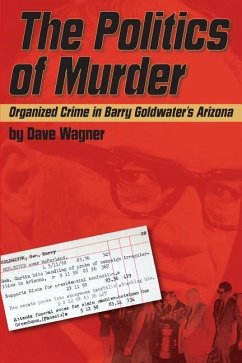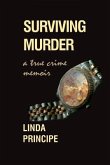"Could change the historiography of Barry Goldwater and his times." -Jerry Kammer, author of "The Second Long Walk: The Navajo-Hopi Land Dispute" and winner of the Pulitzer Prize for journalism (2006). "A fascinating new book by Dave Wagner ... makes an important contribution." -Jon Talton, RogueColumnist.com.. "A close history of 20th-century Arizona politics that reads a lot like a crime novel." -Paul Buhle, Lecturer in history, Brown University. In 1977, after Arizona courts sent three men to prison for the murder of reporter Don Bolles, most Arizonans agreed with The New York Times when it declared that, despite the outcome of a series of trials, the Bolles case remained "unsolved." None of the three imprisoned men had a personal motive for the killing. Two were paid assassins and the third was a courier. As the decades passed with no further resolution of the case, the more urgent question was not who killed Bolles but who took control of the investigation and shut it down. Bolles' was the fourth in a string of five highly publicized message murders in Phoenix between 1955 and 1986. Only one of the murders was solved: the killing of accountant Edward Lazar hours before he was to testify in an historic land-fraud case. Chicago police discovered that Lazar's murder was the work of contract killers, but others, including a dozen or more that were disguised as heart attacks, suicides or accidents, remain open to this day. 'The Politics of Murder' presents the major players on both sides of the law-crime bosses, politicians, killers, journalists and cops-as a history of organized crime in modern Phoenix. In its closing chapters, the book reveals new archival evidence about the motives of the man who wanted Bolles dead and the powerful politician who made the decision to leave Arizona justice in limbo.
Hinweis: Dieser Artikel kann nur an eine deutsche Lieferadresse ausgeliefert werden.
Hinweis: Dieser Artikel kann nur an eine deutsche Lieferadresse ausgeliefert werden.








